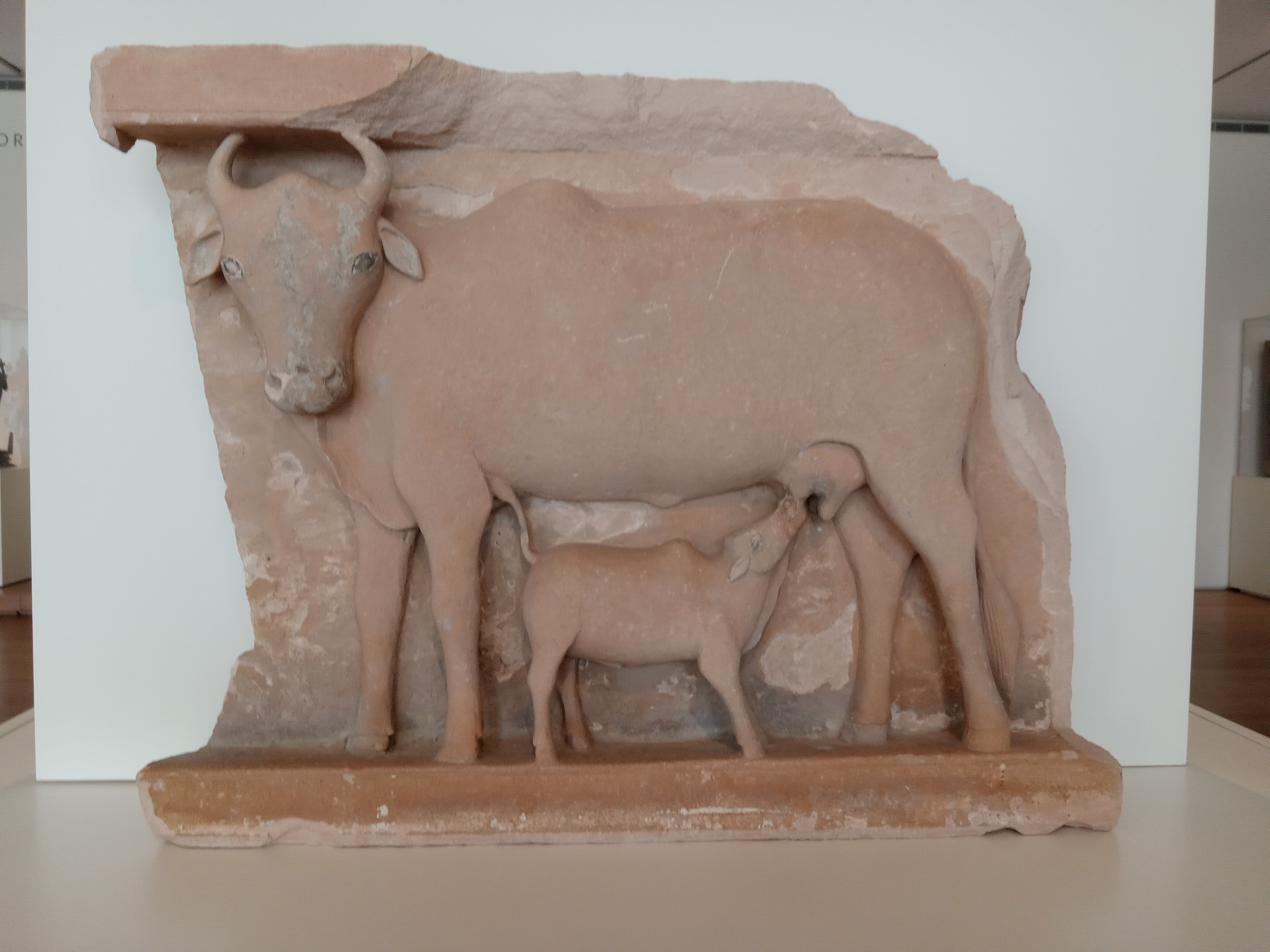I was thinking exactly the same thing
I believe that is a crouching zebra. Do not approach it, it is preparing to attack.
Ooo this is a good one to add to the mix (edit: that feels gross to post, but catchy names are helpful for spreading the word, I hope that makes some semblance of sense, I'm gonna go puke now ugh)
So how is a psychedelic pulling this off? The secret could be serotonin receptors found throughout the body, not just in the brain. When activated, they seem to trigger a cascade of effects that reduce stress, preserve DNA, and promote long-term cell health.
They're talking about psilocin's activity at serotonin receptors, I'm pretty sure
He's the king, so that must be good, right?
Step 1 to learning more about that subject involves travel and the juice is suddenly no longer worth the squeeze.
This position is wild to me. Kids go to school every day, where there is a library that has interlibrary loans as an option. The barrier you are suggesting is mostly imaginary. Libraries today offer ebooks, too, no travel required, and a higher barrier to entry (and thus, higher barrier to spreading misinformation), than the internet.
I'm honestly frustrated you would outright say I'm arguing in bad faith and I don't know where that accusation comes from. "Libraries are hard" is a really bad argument, you are pretending there is a larger barrier than there is and asserting it prohibits information transfer without any evidence to demonstrate it. You can ask the internet anything and have some search engine or LLM tell you why yoy are right, and that isn't exactly useful feedback.
Here's a bad faith argument: you seem to want the ease of asking a search bar for an answer without doing any of the work to understand the context of the response provided or its accuracy.
Here's a better faith one: people will use the tools available to them to the best they learn and feel inclined to do, and in both the past and the present paradigms, lots of people choose the lazy means of information consumption (what the paper/radio/TV says) than the more intellectually intensive (actual research or deferment to subject matter expert recommendation). Catering to that dynamic has been a net detriment to all society to the benefit of people selling impressions for the particularly "engaging" content being offered. I think we need to find a way to incentivize content creation and dispersion differently than what we're doing right now.
...then you knew what to ask for follow-up literature to review, yeah? That's part of learning, and exactly what I'm talking about. Learning how to critically evaluate information and seek further enriching content to gain a better understanding of the thing you are researching is a crucial skill.
Edit: ok, downvote me, but are you doing that because you don't like that you grew to learn critical thinking, or are you doing it because you didn't learn critical thinking? You knew the encyclopedia was wrong. How? Because of the dearth of knowledge available to you? Lol
The encyclopedia could at least be expected to represent the best consensus opinion and facts about a particular subject though, whereas the internet requires an entirely different skillset to evaluate, and the encyclopedia article provides the context to ask a librarian for help finding more in-depth and also reliable information to expand your knowledge.
I expected the internet to be a Library of Alexandria as much as the next person, democratizing access to information and making society really embrace intellectualism. And the good stuff is absolutely there to be found, but there's a lot of bs here on the internet too and intellectualism has been shown to be not as engaging as its counterpart recently. And engagement drives the dollars. Encyclopedias didn't engage in anti-intellectualism, nor did librarians. So while I get your point, I think it's not considering the noise factor.
Edit: grammar
A lot of our knowledge today will also be wrong in 30 or 40 years, that's how knowledge accumulation works over time in a healthy civilization (ok now that I've typed it, I can already hear and accept the criticism that we might not be living in a healthy civilization right now, but I think the point remains). Learning how to find information is an important part of the educational process, imho.
Edit: also, as pointed out before I even commented, we had libraries.
Books. We had books. We still have them and they are great.






Fossil fuels are green fuels, war is peace...